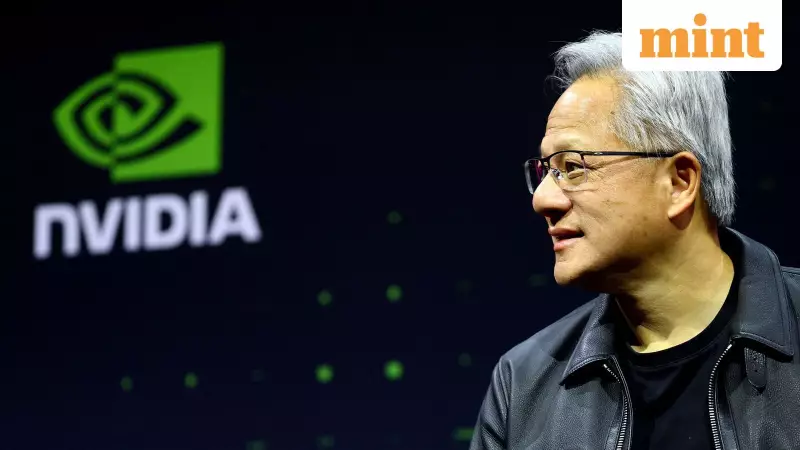
In a startling revelation that's sending shockwaves through the tech world, NVIDIA's visionary CEO Jensen Huang has issued a stark warning about America's approach to artificial intelligence regulation. The tech titan suggests that current US policies might be inadvertently paving the way for China to seize leadership in the critical AI race.
The Geopolitical AI Chessboard
Huang's concerns center around what he perceives as overly restrictive regulations emerging from Washington. While intended to safeguard national interests, these measures could potentially backfire, creating an opening for China to accelerate its AI ambitions under President Xi Jinping's determined leadership.
The NVIDIA chief's warning comes at a pivotal moment in the global technology landscape. As artificial intelligence rapidly evolves from a technological advantage to a geopolitical imperative, the stakes have never been higher for nations vying for supremacy in this transformative field.
Why America's Caution Might Cost Its Lead
Several factors contribute to Huang's concerning assessment:
- Regulatory overreach potentially stifling innovation
- Export controls limiting global collaboration
- China's focused, state-backed approach to AI development
- Differing philosophies on technology governance
The Chinese Counter-Strategy
While the US contemplates guardrails and restrictions, China has been executing a comprehensive, government-led strategy to dominate artificial intelligence. President Xi Jinping's administration has made AI development a national priority, pouring substantial resources into research, development, and implementation across military, commercial, and social domains.
This fundamental difference in approach creates what Huang sees as a dangerous imbalance. Where one nation hesitates, another charges forward with single-minded determination.
The Global Implications
The outcome of this technological competition extends far beyond national pride or economic advantage. Leadership in artificial intelligence could determine:
- Future economic dominance
- Military capabilities and security
- Global standards and norms
- Technological sovereignty
A Call for Balanced Innovation
Huang's warning serves as a crucial reminder that in the race for AI supremacy, timing and strategy are everything. The delicate balance between necessary regulation and innovation-friendly policies could determine which nation ultimately leads the AI revolution.
The world watches closely as these two superpowers navigate this complex technological landscape, with the future of global technology leadership hanging in the balance.






